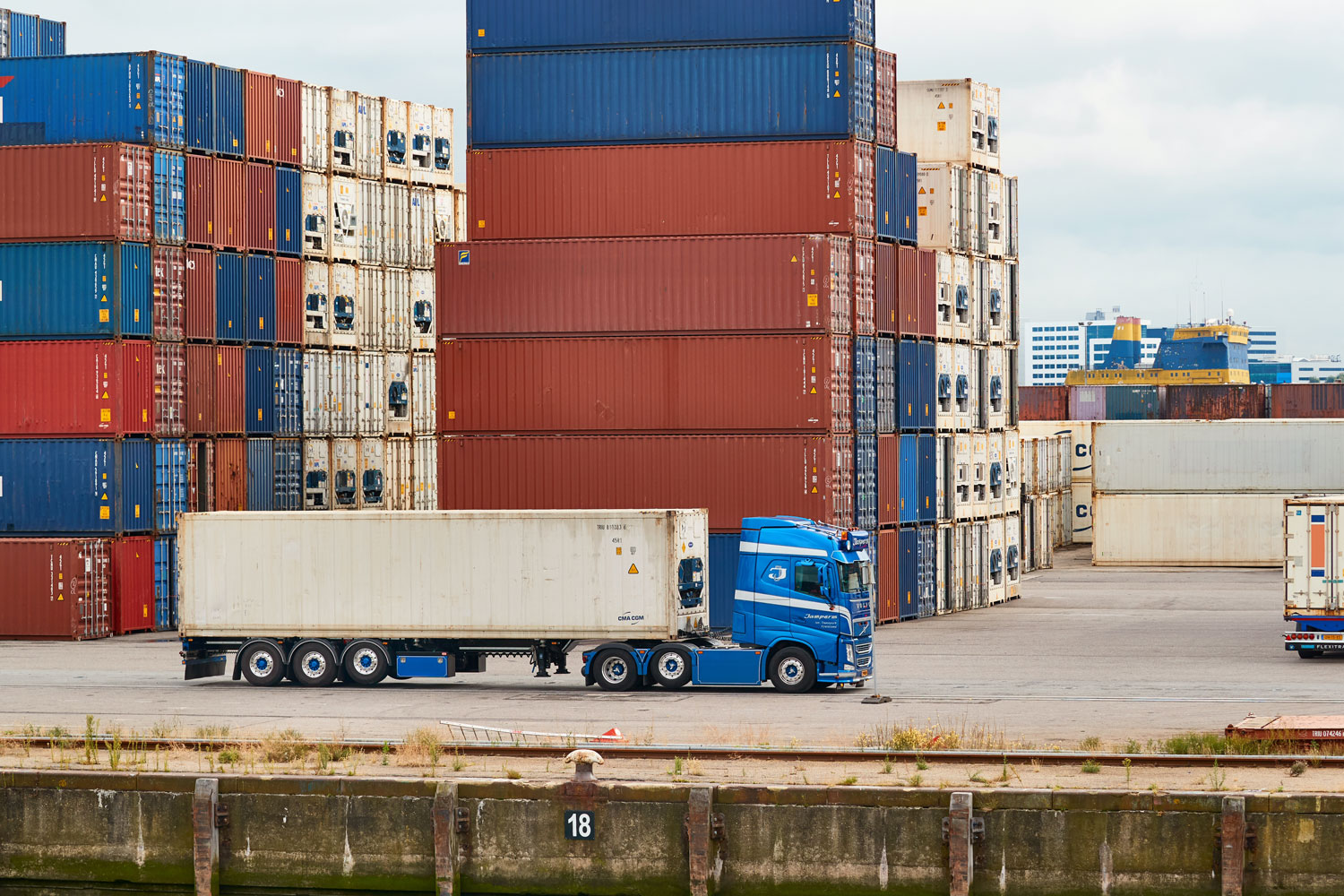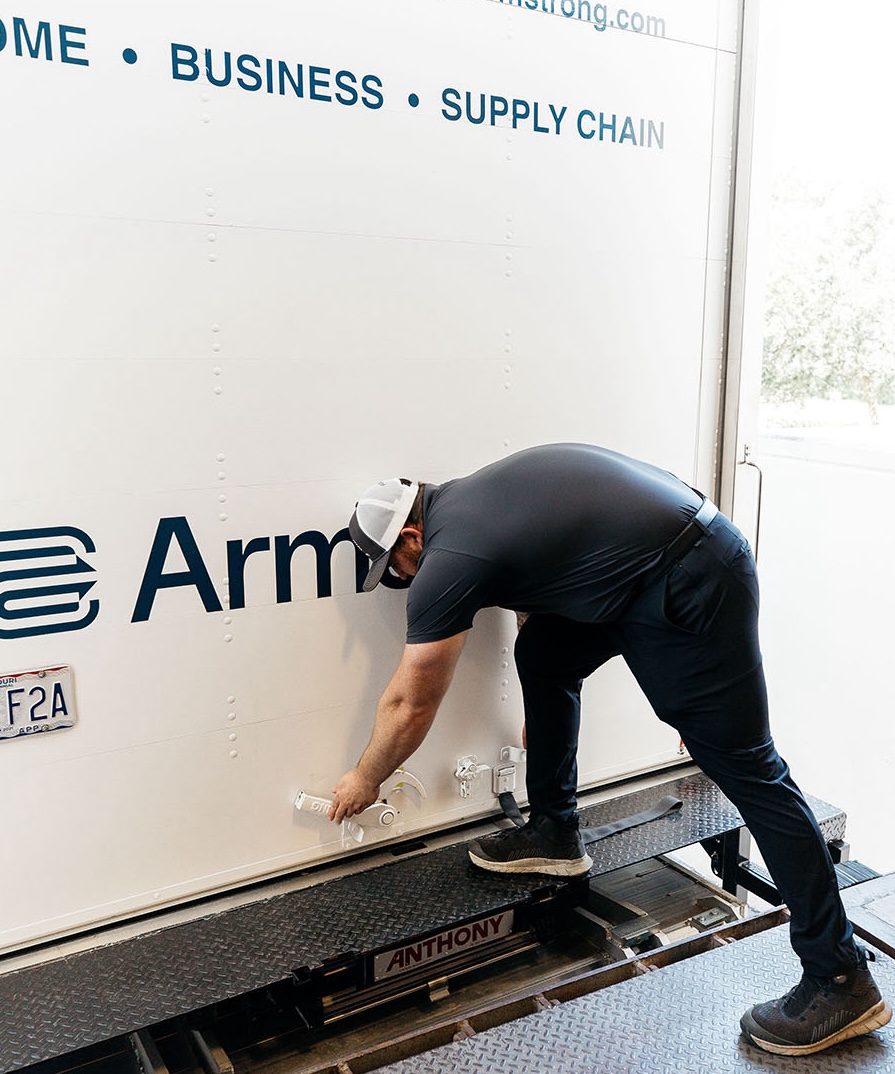Successful Supply Chain Solutions for 3 Top Industries

Over the past several years, the global supply chain has become increasingly fragmented and complex, interrupted by recessions, cyberattacks, natural disasters, terrorism, labor shortages and pandemics.
Businesses can expect more disruptions as vulnerabilities in the supply chain become more exposed. McKinsey predicts that companies across industries should now expect supply chain disruptions lasting a month or more to happen at least every 3.7 years, with the most significant events having a lasting impact on finances.
Now more than ever, building structural agility into your business is essential by outsourcing some of your operations to a third-party logistics (3PL) provider. A 3PL allows you to be more flexible to meet changing consumer demands and quickly mitigate the effects of ongoing delays.
Here is how three industries in the United States can create more resilient supply chains through the strategic support of a 3PL.
Automotive
The automotive industry has one of the most complex global supply chains, making it especially susceptible to political, economic, environmental and market factors. Even a disruption of 30 days can put up to five percent of earnings before interest, taxes, depreciation and amortization at stake, according to McKinsey.
Ongoing disruptions caused the industry’s production and sales to plummet at the start of the pandemic. NBC News reported that auto sales nationwide dropped by 40 percent in a month when COVID-19 first sent families into quarantine. Production stalled, and hundreds of thousands of workers in automotive facilities became unemployed.
Auto manufacturers canceled orders for parts like semiconductors with long lead times, assuming there would continue to be little demand for vehicles as the pandemic raged. They leaned into the “just-in-time” model, keeping their inventories low to reduce waste. However, the auto industry has now shifted to implementing “just-in-case” inventory systems through 3PL partnerships.
For the just-in-case model, auto manufacturers keep a backup inventory of critical supplies and parts with 3PL companies. The 3PL provider receives and stores the items, allowing auto manufacturers to ramp up production with minimal impact from global delays. The 3PL provides real-time inventory management and reporting so the auto manufacturer can stay on top of the inventory and prepare for emergencies.
Electronics
The fast-moving consumer electronic sector is at the mercy of ever-changing consumer preferences and spending patterns. As an industry with a short product lifecycle, electronic manufacturers must adapt fast to prepare new products for holiday-shopping windows and retain loyal customers.
An Oracle study of more than 75 million U.S. households found that 43 percent of consumers tried new brands in 2020, a phenomenon heightened in notoriously-fickle industries like electronics manufacturing. Partnering with a 3PL is a cost-effective way for electronics companies to increase customer loyalty.
A 3PL can provide services such as less-than-truckload shipping and pick-and-pack fulfillment to get small electronics orders to customers quickly. A 3PL adds value to the electronics supply chain by offering extra services such as kitting and boosting customer satisfaction.
By partnering with 3PL companies, electronics manufacturers can compete in more competitive consumer markets with fewer overhead expenses and increased operational efficiency. A 3PL streamlines warehousing and distribution processes so clients in the electronics industry can accelerate their responses to the ongoing global crises.
Retail & E-commerce
When the pandemic struck, retailers had billions of dollars in unsold goods, sending inventory-to-sales ratios skyrocketing before they were able to liquidate their inflated inventories. Demand has since increased, but U.S. retailers are still struggling to restock their warehouses and store shelves. White House data shows that retailers only had 33 days of inventory on average in 2021, compared to 43 days of inventory before the pandemic hit.
Retailers are leveraging 3PLs to reduce their vulnerability to supply chain disruptions by rebuilding their safety stock and moving operations closer to their customers. Many 3PL companies have owned locations across the country and lengthy databases of vetted carriers, allowing them to move retail goods from region to region as needed.
The e-commerce industry also benefits from a 3PL’s ability to improve the visibility of the supply chain. A 3PL can provide regular reporting through leading technology, showing retailers the preventative measures they can take to ensure they stay on top of the competition.
As the global supply chain ventures further into uncharted territory, companies can mitigate the risk of global disruptions to their profitability by partnering with a 3PL to make their transportation, warehousing and logistics more agile and efficient.
Armstrong offers a full range of supply chain solutions to meet the unique needs of every industry. From FTL, LTL and intermodal shipping to warehousing, fulfillment and distribution, Armstrong’s logistics services ensure that nothing stands in the way of your growth. Get started today by calling 800.288.7396 or requesting a free quote online.
